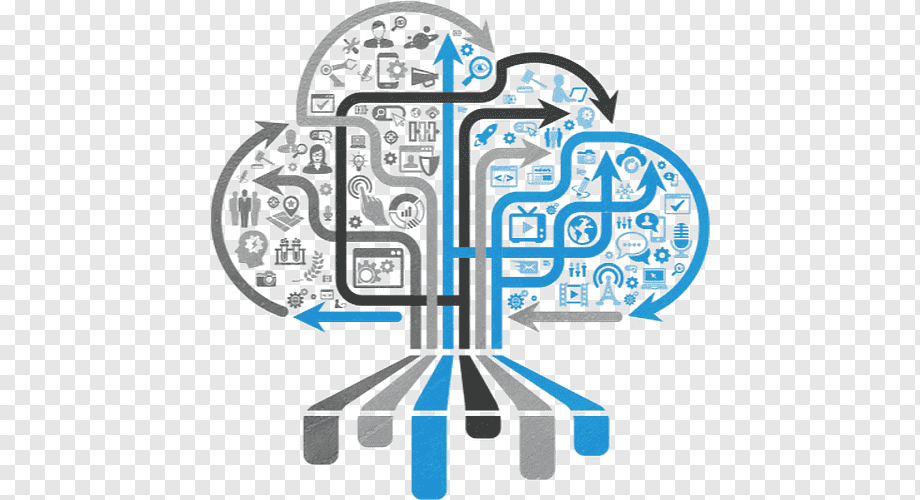
Technology as a catalyst of social change: a look at the future of social innovation
In a constantly changing world, where social challenges intensify and the needs of communities diversify, social innovation emerges as a transforming force in order to build a more just, sustainable and equitable future. In this scenario, technology plays a key role as a catalyst of change, promoting the development of innovative solutions and increasing the positive impact of social initiatives.
Emerging technologies as an engine for social innovation
The current technological landscape is marked by the advent of emerging technologies with an enormous potential to promote social innovation. Artificial intelligence, blockchain, virtual and augmented reality, the Internet of Things and robotics, inter alia, offer unprecedented tools to address social problems more effectively and efficiently.
Artificial intelligence for social good
Artificial intelligence (AI) can revolutionise social innovation by enabling the analysis of large data sets, for identifying patterns and trends, informed decision-making for the design of more accurate and personalised social interventions. From the early detection of diseases to the optimization of education systems and the promotion of financial inclusion, AI has the potential to transform the way in which we approach the most pressing social challenges.
Blockchain for transparency and traceability
Blockchain technology, with its characteristic immutability and transparency, can strengthen the trust in social innovation processes. Blockchain-based decentralised platforms enable the traceability of funds, the accountability of the actors involved in social projects and the creation of more participative and democratic governance mechanisms.
Virtual and augmented reality for empathy and awareness
Virtual reality (VR) and augmented reality (AR) offer immersive experiences that enable people to put themselves in the place of others and better understand the realities faced by marginalized or vulnerable communities. This technology can be a powerful tool to generate empathy, raise awareness about social problems and promote a collective action for change.
Internet of Things for connection and monitoring
The Internet of Things (IoT), with its network of interconnected devices, enables data collection in real time on the different aspects of social life. This information can be used to monitor the impact of social innovation projects, identify new needs and opportunities, and optimise the management of resources and decision making.
Robotics for assistance and inclusion
Robotics can play a crucial role in social innovation by providing assistance to people with disabilities, improve the quality of life of older adults and facilitate access to essential services in areas that are remote or difficult to access. Robots can carry out repetitive tasks, offer company and emotional support, and contribute to the social inclusion of people in vulnerable situations.
Challenges and opportunities for the responsible adoption of technology
Albeit technology offers an enormous potential for promoting social innovation, it also poses challenges that must be carefully considered. It is essential to ensure the equitable access to technologies, prevent algorithmic discrimination, protect data privacy and promote the responsible and ethical use of these tools.
A promising future for social innovation
The convergence of these emerging technologies, together with the commitment of key actors, such as governments, companies, non-governmental organisations and civil society, opens a horizon of possibilities for the social innovation of the future.
Technology can be a catalyst for building a more just, equitable and sustainable world, where the needs of all the people are met and where all have the opportunity to prosper.
It is our duty to harness the power of technology responsibly and ethically, working together to create a future where social innovation is a transforming force for the common good.
